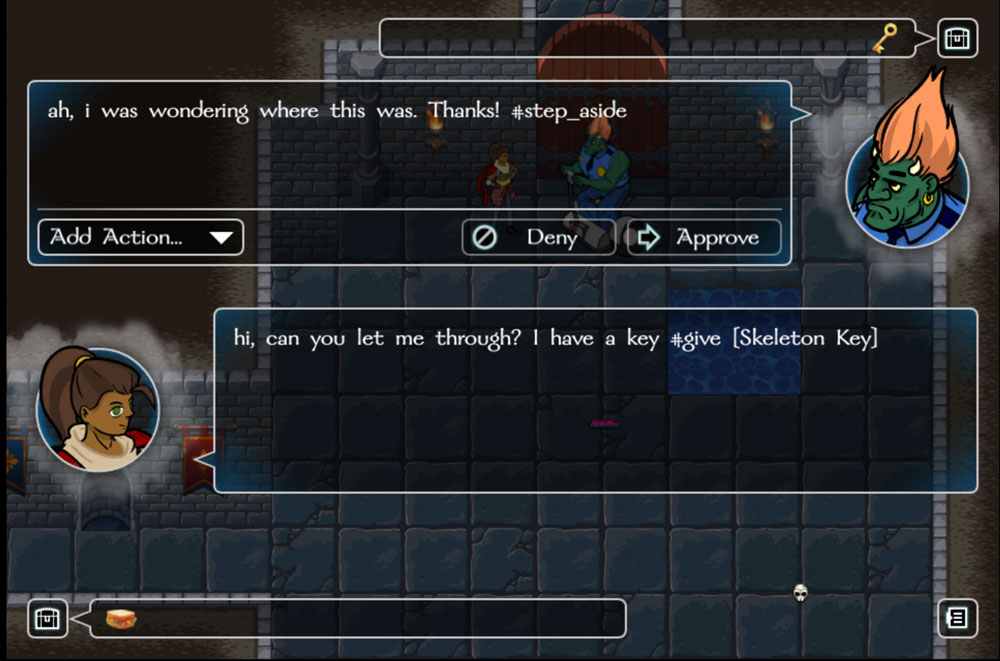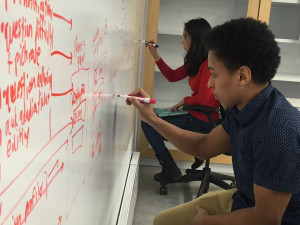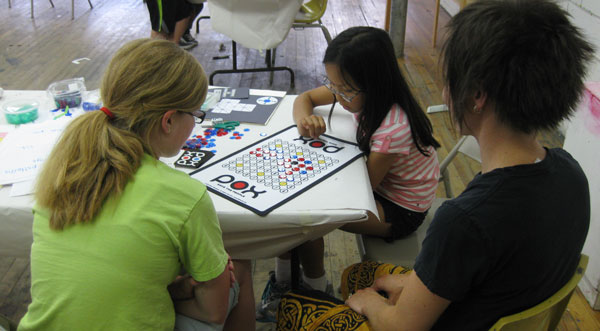Ideally, medical solutions would be straightforward. If a patient had an illness, they could go in to see a doctor, who would then have a diagnosis and an effective treatment option that aligned with the patient’s preferences and desires. In reality, it isn’t so simple, and there often isn’t a “best” option. Pioneered at Dartmouth, shared decision making involves increased communication between health care providers and their patients, in order to find solutions that best fit patients’ interests. The results seem to be overwhelming, with almost 70% of patients surveyed preferred taking part in making decisions with their doctors (The Guardian, 3/10/12). At tiltfactor, we’ve been working on our shared decision making game prototype. In our most recent game iteration I worked on coming up with potential treatments—such as surgery, topical treatments, or electing to undergo screening, and other actable qualities of a patient—working as a TV presenter, paranoid of needles, or having the responsibility of taking care of two young children.
This is a preview of
Shared decision making: an iterative process
.
Read the full post.







 Just to be clear, I don’t condone gladiatorial fights (involving anyone) as a form of social control. That said, I believe the child gladiatorial fights in Suzanne Collins’s The Hunger Games trilogy have several poorly and lazily designed elements that make the games both feel less fair to the competitors, and less fun to watch as a spectator sport.
Just to be clear, I don’t condone gladiatorial fights (involving anyone) as a form of social control. That said, I believe the child gladiatorial fights in Suzanne Collins’s The Hunger Games trilogy have several poorly and lazily designed elements that make the games both feel less fair to the competitors, and less fun to watch as a spectator sport.
